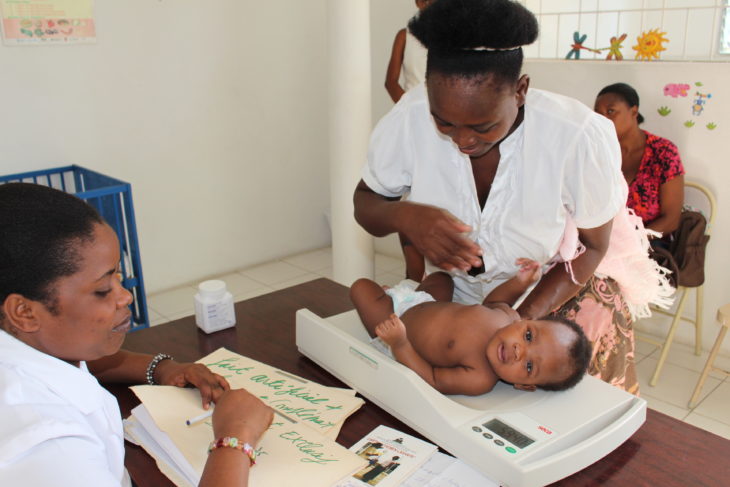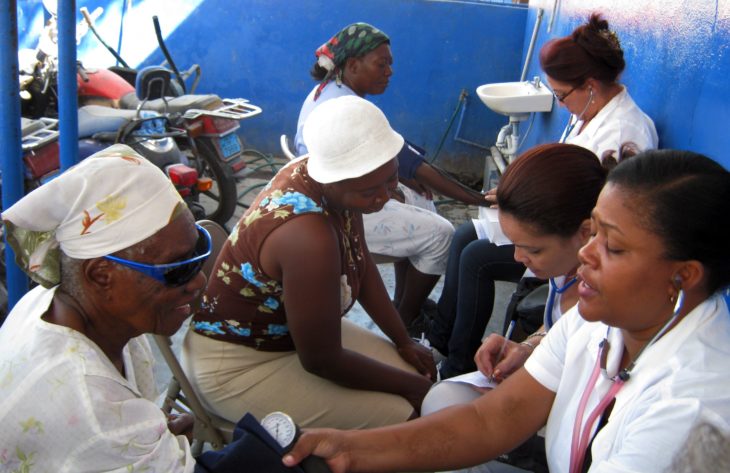Back in 2017, Haiti was facing a major epidemic where public hospitals serving the poorest members of the country went on a strike. This was because the healthcare system in Haiti was under so much pressure from an earthquake six years ago. The earthquake caused an outbreak of cholera in Haiti’s Center and Artibonite Department, in which 40,000 fell ill over the course of six years. The cholera outbreak was a heavy burden on the already weak healthcare system in Haiti. The poorest people of the country were the ones to suffer the most; none so more than the ones located in isolated towns and villages. This low-point of Haiti has been a lesson that the system could benefit from a lot. Here are a few suggestions that could help improve Haiti’s healthcare system.
1. Improve Management and Leadership
Leadership mentality is probably the biggest lacking factor that health professionals lack in Haiti. The lack of competent management is also a huge issue that sets back every major health care development in Haiti. These two are majorly important when it comes to progressing further, and they are the most highlighted ones out of every factor that we’ll mention. The lack of conversation between the private and public sectors is greatly damaging Haiti’s healthcare system. The lack of collaboration between private citizens, public figures, and non-government organizations, have further messed up the cholera situation in Haiti. People don’t seem to care, and that’s something that needs to be addressed.

Source: usembassy
2. Lack of Information
Medical personnel has stated countless times the problems they face when trying to acquire crucial information about certain transmissible diseases. According to santenouhaiti.com, most of the information regarding these diseases is eighter unavailable or outdated to medical personnel. The National Health Data is well outdated when it comes to recording medical cases, and that negatively impacts future medical practitioners. Having to work in the dark is not something that nurses, surgeons, and doctors should have to cope with. The same goes for State institutions and NGO’s that are charged with gathering and sharing information regarding healthcare issues in Haiti.
The Santé Nou service makes emergency care available to persons traveling to Haiti, while simultaneously linking the primary care needs of their families and loved ones residing in Haiti. The travelers can go peacefully, especially when faced with unforeseen medical emergencies during their travels to Haiti. The primary care service extends to residents of Haiti access to a series of basic preventative and primary care services, including history, physical, clinical laboratory, diagnostic radiology, vaccinations, and basic medications.
“The lack of competence in information gathering and preserving has been one of the main factors as to why Haiti is still facing a cholera outbreak”, a statement that numerous medical personnel share in Haiti. Thankfully, things are changing for the better in regards to the cholera epidemic.

Source: ipsnews
3. Develop an Entrepreneurial Culture
Haiti’s healthcare sector is almost entirely funded by international donors. This is not ideal for a country that has to provide a suitable healthcare solution to its people. Having a sustainable system that won’t rely on foreign aid is something that needs to be addressed for the future. Haiti needs to start adopting an entrepreneurial culture where it can start building an autonomous and fully susceptible healthcare system, instead of relying on foreign aid. While foreign aid is sometimes pivotal to improving a countries healthcare system, it needs to start building instead of only wasting the money. Doing nothing only kills innovation and competition, hence why doctors, surgeons, and nurses abandon state hospitals and clinics for NGO jobs – or they sometimes leave the country altogether.
